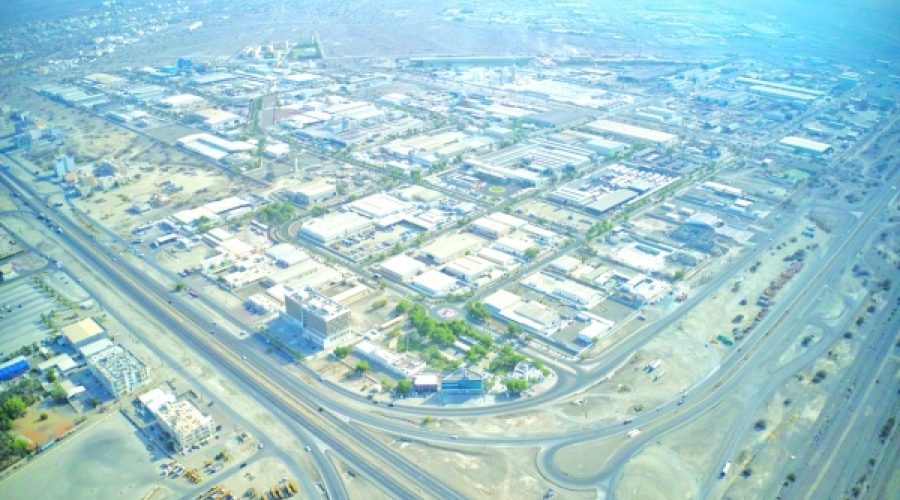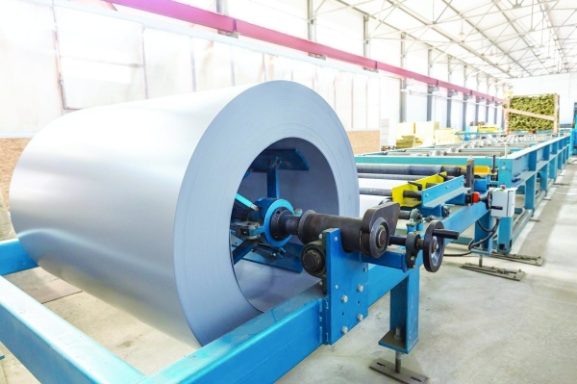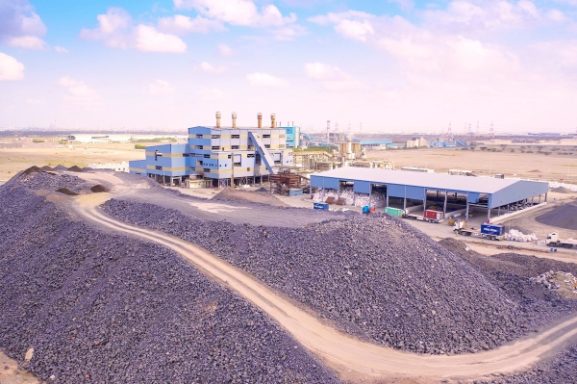RO 22 Billion Investment Surge in Oman’s Economic and Free Zones: What It Means for Investors and Entrepreneurs
Oman’s special economic and free zones are entering a significant phase of expansion, driven by increased investment inflows, strategic industrial clustering, and a strengthened legislative framework designed to accelerate economic diversification. According to the Public Authority for Special Economic Zones and Free Zones (OPAZ), total investments in these zones have risen markedly from RO 14.12 billion to RO 22 billion over the past five years, highlighting their growing importance as engines of national development.
OPAZ’s long-term strategy focuses on broadening the investment base by attracting projects in manufacturing, advanced technology, renewable energy, food and pharmaceutical production, logistics, and tourism. Emphasis is placed on developing specialised industrial clusters supported by modern infrastructure and integrated services, including raw material access, real estate solutions, and financing options. These clusters aim to strengthen supply chain linkages, promote value-added activities, and enhance Oman’s competitiveness as an industrial hub.
Key clusters under development include the Suhar Aluminium Industrial Cluster, the Al Duqm Cold Chain Cluster, and the Shaleem Gypsum Industrial Cluster, all advancing in partnership with the Ministry of Economy.
Engineer Ahmed bin Hassan al Dheeb, Vice Chairman of OPAZ, highlighted the Authority’s efforts to attract both domestic and foreign investors across all zones. “Our priority is to establish the necessary infrastructure, streamline procedures, and foster an environment conducive to establishing factories and strategic projects,” he stated.
Al Dheeb reported that the workforce in these zones now stands at approximately 80,000 employees, with Omanis constituting around 39 percent. In the first half of 2025 alone, 138 new investment contracts worth RO 1.049 billion were signed, with the industrial sector accounting for about 97 percent of these new investments.
Looking forward, OPAZ anticipates accelerated growth in mining, metals manufacturing, and green hydrogen — sectors critical to diversifying Oman’s economy. The Duqm Special Economic Zone, with its ample land and strategic location, remains a central hub for major industrial and energy projects.
The establishment of new zones is also set to reshape regional trade flows. The Al Dhahirah Special Economic Zone in Ibri and the Al Rawdah Special Economic Zone in Mahadha are expected to enhance cross-border trade between Oman, Saudi Arabia, and the United Arab Emirates, facilitate job creation, boost logistics activities, and contribute to the economic objectives outlined in Oman Vision 2040.
Progress in these new zones includes tenders issued by OPAZ for road construction and the establishment of a dry port with associated services in Al Dhahirah Governorate. The zone will be operated by ASYAD in partnership with a Saudi company. In the Al Rawdah Free Economic Zone, a tender for external rainwater drainage works has been announced, with Mahdah Development working alongside DP World as its operator.
Development is also underway at the Muscat International Airport Free Zone, managed by ASYAD, which is preparing key infrastructure, including land preparation, roads, and service networks for future investors.
Al Duqm continues to attract robust interest from global investors. Al Dheeb revealed that investments linked to the Duqm Economic Forum surged from RO 3.6 billion in 2023 to RO 6.3 billion after the second forum in October 2024. This increase reflects strong demand for industrial, logistics, and energy projects in the region, many of which are already under development or pending final approvals. All proposed projects undergo rigorous evaluation based on their value-added contributions and employment potential.
Regarding the Duqm petrochemical complex, Al Dheeb confirmed that its economic feasibility study is currently in progress, led by OQ Group and its Kuwaiti partners.
A major advancement in the sector was the enactment of the Special Economic Zones and Free Zones Law under Royal Decree No 38/2025. Al Dheeb explained that this law improves the investment climate by providing a clearer, more transparent regulatory framework, simplifying procedures through a one-stop shop system, and introducing a range of incentives, including tax and customs exemptions. Additionally, the law contains provisions that encourage quality investments in strategic projects and promising sectors, including real estate development under a freehold system.
These reforms bolster Oman’s economic and free zones as increasingly attractive destinations for global investors seeking stability, growth opportunities, and access to regional and international markets.
Special Analysis by Omanet | Navigate Oman’s Market
Oman’s expanding special economic and free zones, empowered by a robust legislative framework and strategic industrial clustering, offer businesses unprecedented opportunities in advanced manufacturing, renewable energy, and logistics, positioning the country as a competitive industrial hub. For investors and entrepreneurs, the surge in infrastructure development and regulatory transparency reduces entry barriers while promising strong value-added returns and regional trade advantages, especially with projects like the Duqm economic zone and cross-border hubs. Smart investors should focus on sectors aligned with Oman Vision 2040, such as green hydrogen, mining, and pharmaceuticals, while leveraging incentives under the new law to optimize growth and diversification potential.



